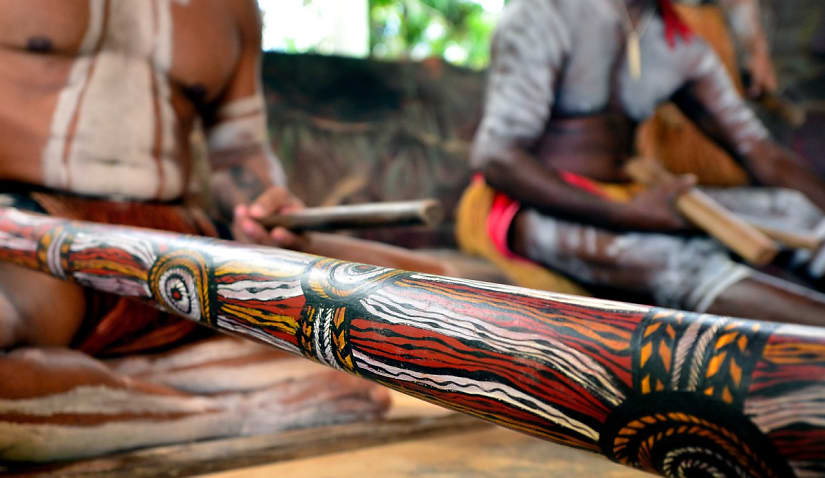Human rights lawyers have said that discrimination against First Nations people will continue in the Western Australia justice system, as a result of a recent High Court decision.

The recently released judgment, which has been called “unjust” and unfair, will mean that First Nations people will face disproportionately harsh restrictions as part of the High-Risk Serious Offenders Act.
However, the High Court ruled against the challenge to the constitutionality of the High-Risk Serious Offenders Act, meaning that offenders will continue to face extensive restriction orders following their release.
According to the High Court judgment summary, the HRSO Act aims to protect the community from harm, as well as the risk of future harm posed by certain offenders.
“The circumstance that the Supreme Court is not invested with a residual discretion to decline to make a restriction order does not establish that it is acting upon the dictation of the executive government as to the manner of deciding the case or its outcome,” the judgment stated.
“Rather, the court is required to act upon its own evaluative judgment, by processes characteristic of the exercise of judicial power and with reference to prescribed criteria, to determine whether a restriction order is necessary for the purpose of protecting the community from harm.”
Human rights lawyers have said that the impact of the decision will be felt throughout the West Australian criminal justice system, where many First Nations people disproportionately face the prospect of harsh restriction orders upon their release.
George Newhouse, principal solicitor of the National Justice Project – which intervened in the case on behalf of another Noongar man, Derek “Digger” Charles Ryan, subject to similar restriction orders — said that “the High-Risk Serious Offenders Act is being used to trap Aboriginal people in the criminal justice system even after they’ve done their time”.
“The way the WA government is using this legislation unfairly discriminates against Aboriginal people in the criminal justice system, and treats them as if they were convicted terrorists or sex-offenders,” he said.
“Instead of weighing them down with a ball and chain, the WA government should provide people leaving the criminal justice system with the support they need to integrate back into the community. Why continue to punish them if they have already done their time?”
Speaking further on the matter, Derek “Digger” Charles Ryan said that he was “devastated by the decision”.
“I was relying on justice and common sense — this decision is unjust,” he said.

Lauren is the commercial content writer within Momentum Media’s professional services suite, including Lawyers Weekly, Accountants Daily and HR Leader, focusing primarily on commercial and client content, features and ebooks. Prior to joining Lawyers Weekly, she worked as a trade journalist for media and travel industry publications. Born in England, Lauren enjoys trying new bars and restaurants, attending music festivals and travelling.